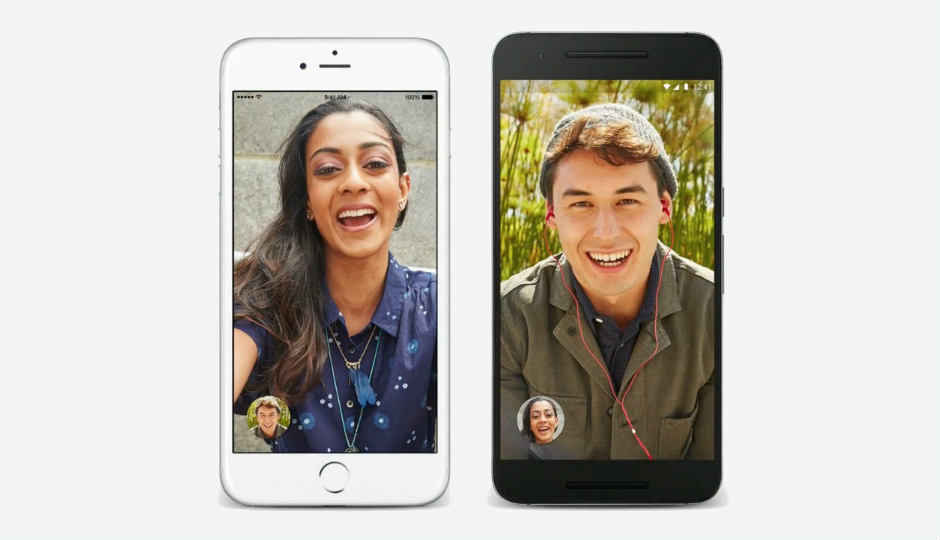Google Duo now supports Android tablets and iPads

Google Duo has been updated to support tablets running on Android and iOS. The new feature will be available in a few days.
Google has finally announced the availability of its Duo video calling app for Android tablets and iPads. A previous report tipped that the Duo app was already working on tablets but the interface still lacked finesse. The app, which is aimed at replacing Hangouts, will be rolled out for all supported Android tablets and iPads in the next few days. As per a previous report, the app could also soon allow simultaneous multi-device logins, however, when a user receives a call, all the devices on which the user is logged into Duo will ring up. However, if the feature is officially rolled out, Google might give an option to set a preferred device where all incoming calls are directed.
Rolling out over the next few days, the newest #GoogleDuo update lets you make video calls on Android tablets and iPads → https://t.co/jNB787MXhd pic.twitter.com/Kz3MeL5RUU
— Google (@Google) August 27, 2018
The multi-device login feature is reportedly being enabled with the version 36.1 of the Duo app and there is said to be an option in settings to sign out from a Duo account on a particular device as well. In the near future, Google is expected to make use of the new feature for enabling video calling support on smart displays that support the Google Assistant. Additionally, even though a user can use their phone number to use Google Duo, they will need to connect their Google Account with the Duo app for enabling multi-device login.
Google previously rolled out a new video messages feature for the Duo app. It is similar to sending an SMS and users will now be able to send a video message via the app. The recipient will be able to view it if they are unable to take a call. The new feature allows for sending a 30-second video or voice message if the receiver declines or misses the incoming call. The receiver can call back after viewing the video message and it automatically disappears after viewing, however, there is also an option to save them locally on the receiver's device. You can read more about this feature here.




